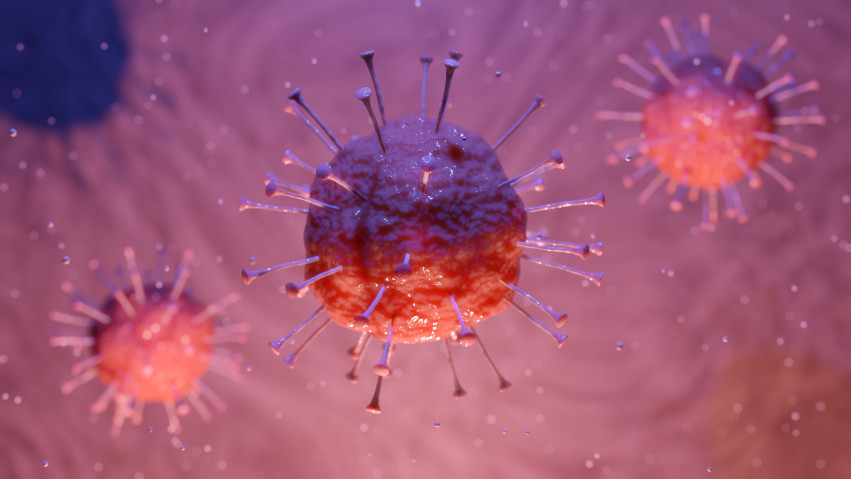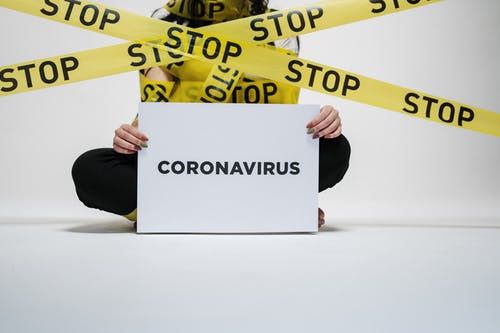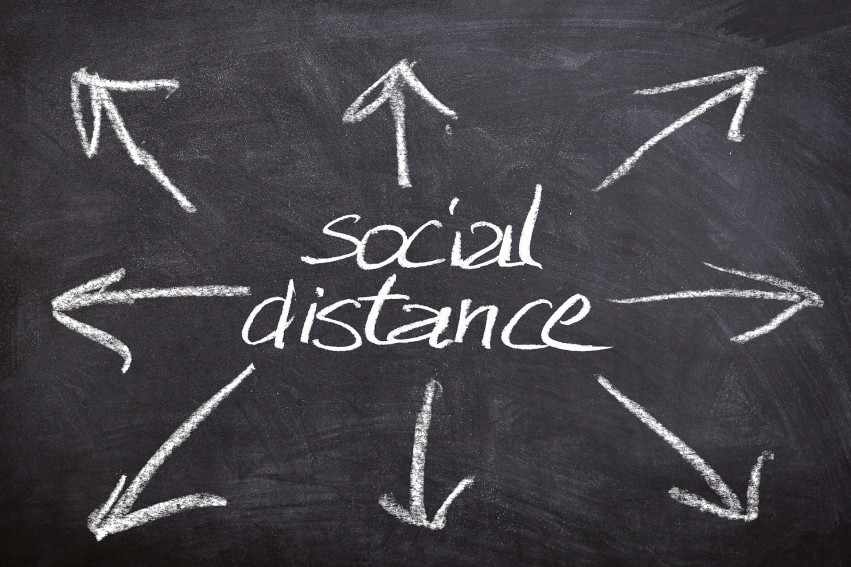Savannah COVID-19 News Update
The 2019 Coronavirus, or more commonly known as COVID-19, first hit the international news scene last December 2019, and it has only grown bigger since then. The super virus, which is said to have originated in China, was once brushed off as no more than a different strain of influenza. But, the growing number of COVID-19 cases in China and the rest of the world proves otherwise. The World Health Organization declared the outbreak as a Public Health Emergency of International Concern last January 30, as several countries confirm similar cases in their areas of responsibility.
Currently, there are 209,839 suspected cases of COVID-19 globally, and 8,8778 deaths due to the said virus.
Learn more about the 2019 Coronavirus, what our local and national government is doing to address the situation, and how we, as citizens, can prevent it from spreading:
WHAT IS COVID-19
According to the World Health Organization (WHO), Coronavirus (CoV) is a group of viruses that cause illness ranging from the common cold to the more severe type of respiratory diseases such as the Middle East Respiratory Syndrome (MERS-CoV), and the Severe Acute Respiratory Syndrome (SARS-CoV). The COVID-19 is a different strain not previously identified in humans. Theories state that it can be transmitted between people who are in close contact with one another (at about a 6-feet distance), through respiratory droplets produced when sneezing, coughing, talking, etc. When an infected person does any of the above-mentioned, the droplets can land in the mouths or noses of the people nearby, which can then be inhaled into the lungs.
Some studies also confirm the spread of the said virus through contact with contaminated surfaces or objects. It means that it is possible for a person to get COVID-19 by touching a contaminated surface, as coronaviruses are said to last for hours on plastic and stainless-steel surfaces unless properly disinfected.
People who have COVID-19 are split into two types: the symptomatic and asymptomatic. The symptomatic group is assumed to be the most frequent source of the COVID-19 spread, as they are the ones that manifest symptoms quicker. However, the transmission of the virus through asymptomatic individuals is not to be downplayed either, as they can also transmit COVID-19.

What is the local government in Georgia doing about COVID-19?
Governor Brian Kemp has declared a Public Health State Emergency for Georgia last March 14 and has ordered a temporary closure for all public schools until March 31, due to the COVID-19 outbreak. $100 million emergency funding will be directed and used to address the spread of coronavirus in Georgia.
Meanwhile, Associated Press advised that in the corner of an unnamed state park, Georgia has set up mobile housing units for people infected with COVID-19 who are not able to self-quarantine at home but are not in dire need of immediate hospital assistance. There is also another quarantine space currently under construction at the Georgia Public Saftey Training Center campus in Monroe County, which will host 20 temporary housing units, according to the Georgia Department of Public Health. Governor Brian Kemp strongly discourages Georgians from showing up at an emergency room of their doctor’s office unannounced. It is best to contact your primary care doctor if you are experiencing symptoms of COVID-19, or if you have been exposed to the said virus.
Kemp, however, has no plans of mandating businesses to close amid the COVID-19 pandemic. He will also not force shutting down of public events. If circumstances change, appropriate actions will be applied. In the meantime, the governor encourages small businesses to reach out to the U.S Small Business Administration Website, as the latter is offering economic injury loans to designated areas and territories.
There are currently 287 confirmed cases of COVID-19 in Georgia found in 36 different counties, and 10 Georgians have died as of March 19.

What are the preventive measures of the national government regarding COVID-19
United States of America's president, Donald Trump, has announced a 30-day ban on travel from European countries to the United States, which began last March 13 in hopes of keeping new cases of COVID-19 from entering the country. The restrictions, however, do not apply to travelers from the United Kingdom. The restrictions will only apply to foreign nationals and not American citizens or legal permanent residents who have been to the Schengen region in the last 14 days. Trump also advised that the said travel restrictions can be adjusted "subject to conditions on the ground".
Furthermore, the president has also announced economic measures that aim to help the country overcome temporary economic disruptions caused by the outbreak. With the use of emergency authority, Trump promises to instruct the Treasury Department to defer tax payments without interests or penalties for certain individuals and businesses negatively impacted. He also advised that he will be providing more than $200 billion of additional liquidity to the economy, as well as provide financial relief to the people who are sick, quarantined, or those who are staying home to care for others.

What can you do as a citizen?
Staying aware of the latest information on the COVID-19 outbreak, available on credible websites, through the national and local public health authorities, is probably the best way to combat the super virus. Most people who become infected experience mild illness and have a high chance of full recovery, but take note that the virus can be more severe for others around you. So aside from being informed, take care of your health and protect others by following these safety precautions:
- Wash your hands frequently with soap and water
- Maintain social distancing
- Avoid touching eyes, nose, and mouth
- Practice respiratory hygiene (observe common courtesy)
- If you have a fever, cough, and difficulty in breathing, seek medical care early
- AVOID HOARDING
- Only use a mask when you are sick
If you have visited a COVID-19 infected area in the past 14 days, it is best to practice a self-quarantine and STAY AT HOME. If you develop stronger symptoms similar to COVID-19, call your health care provider in advance.





